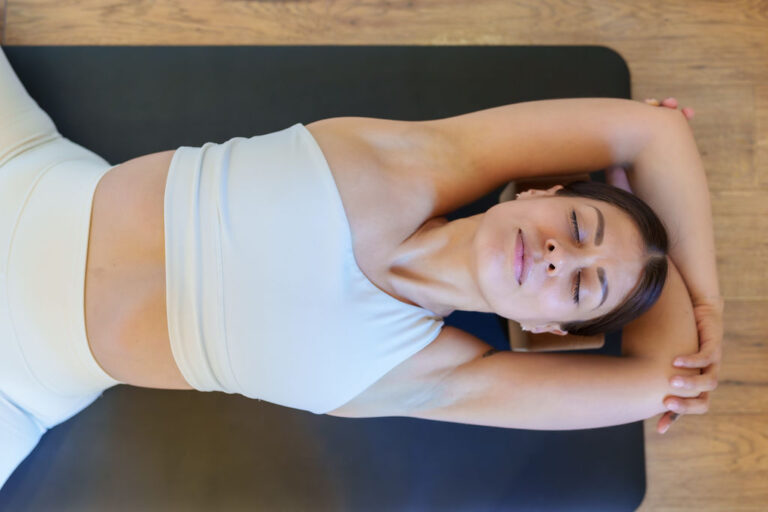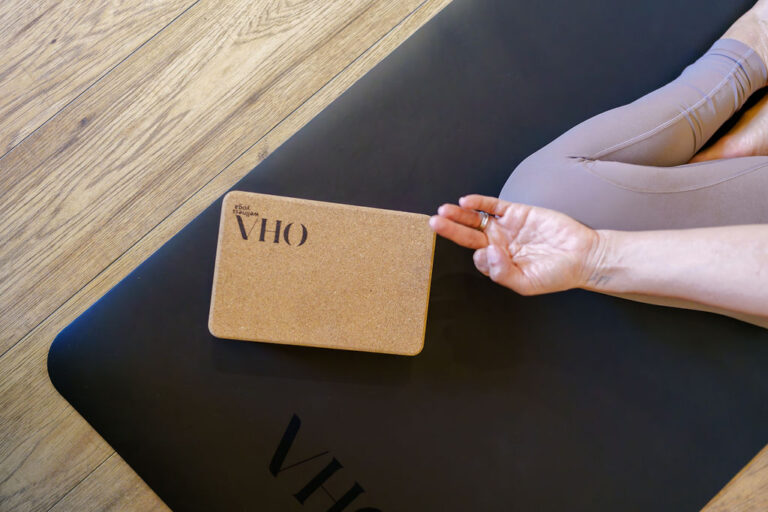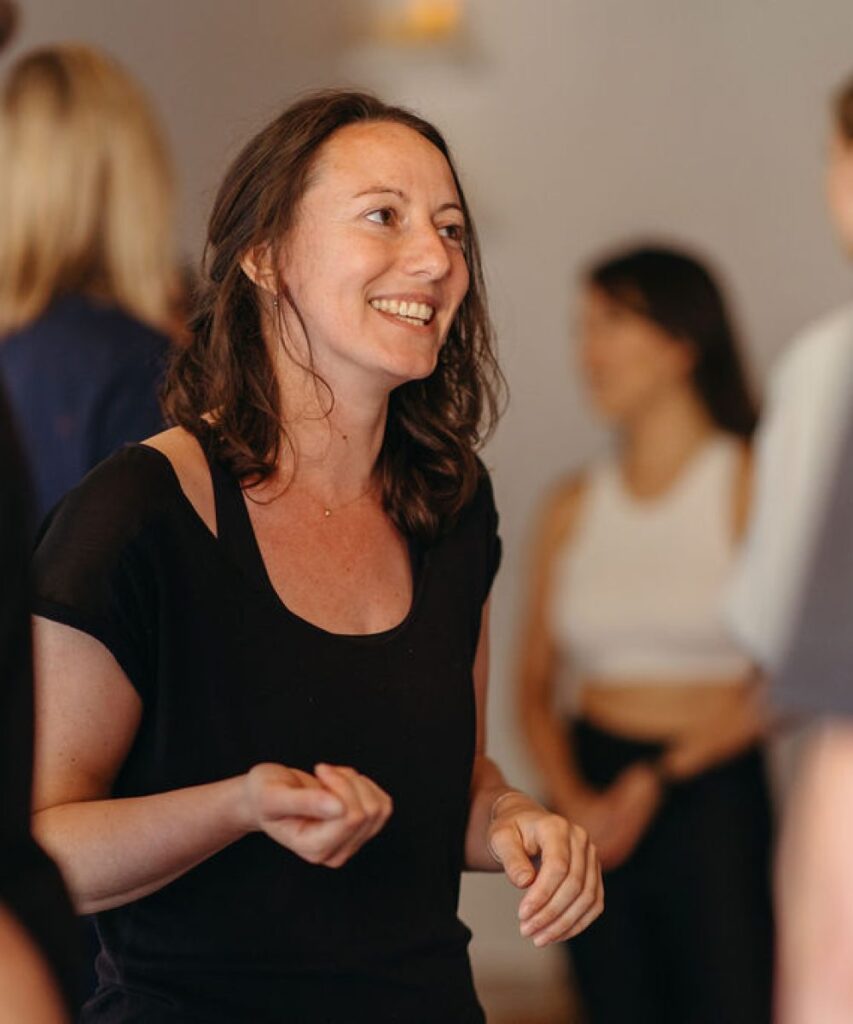Why can't I control my emotions? 10 emotion regulation tips
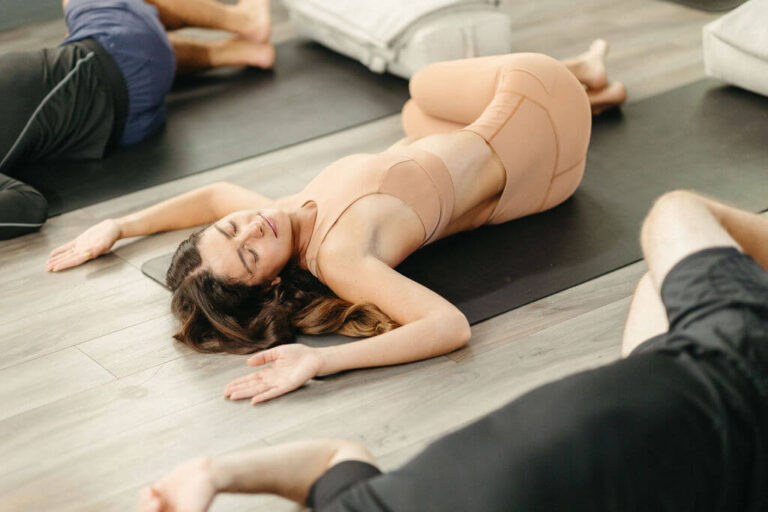
The good news is that yoga offers a path to understanding and mastering our emotional states. In this article, we’ll explore the reasons behind our emotional challenges and provide 10 emotional regulation tips for better emotional control.
In the whirlwind of life, it’s not uncommon for our emotions to run wild. Whether it’s stress, anger, anxiety, or even unbridled joy, emotions often seem like forces beyond our control. If you’ve ever found yourself wondering, “Why can’t I control my emotions?” you’re not alone. Many people grapple with this question.

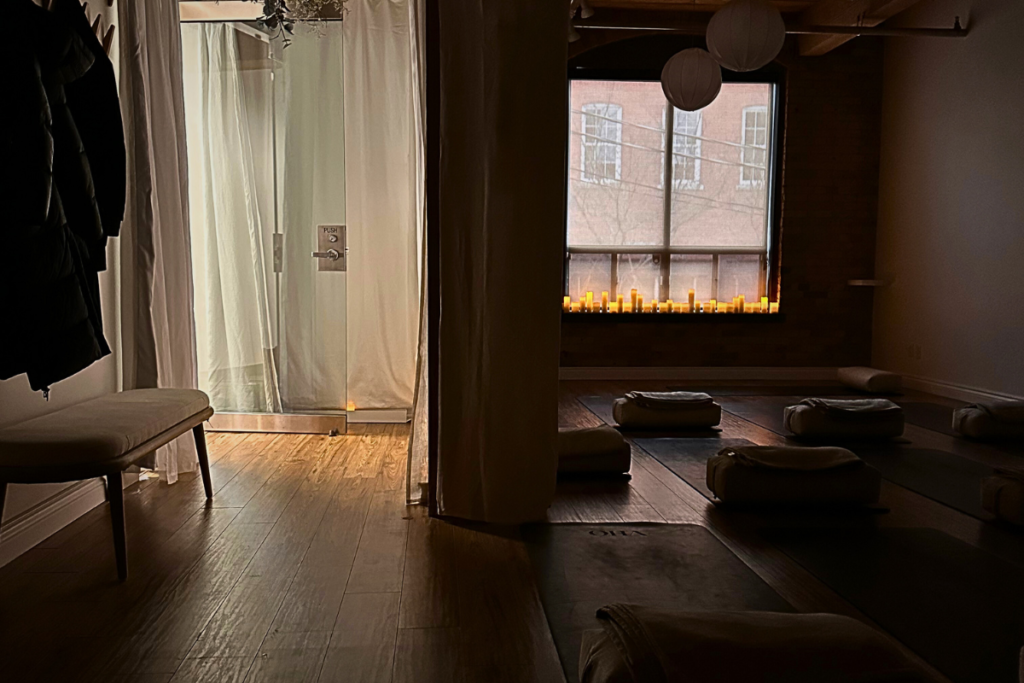
The complex nature of emotions
Emotions are intricate, multifaceted, and often deeply rooted in our subconscious. They can be influenced by various factors, including genetics, past experiences, and even the environment. Sometimes, it feels as though emotions have a life of their own, surging forward without permission. Understanding this complexity is the first step in gaining control over your emotions.
Emotions are a fundamental part of human life, helping us navigate relationships, respond to challenges, and experience joy. However, for some individuals, emotions can become overwhelming, unpredictable, and difficult to manage.
This condition is known as emotional dysregulation, and it can have a significant impact on a person’s daily life. In this article, we will delve into what emotional dysregulation is, its potential causes, common symptoms, and strategies to cope with and manage it effectively.

What is emotional dysregulation?
Emotional dysregulation, also known as emotional instability or emotional lability, refers to a condition in which a person has difficulty regulating their emotional responses appropriately. This can lead to intense mood swings, impulsive behavior, and difficulty coping with stress or challenging situations.
Causes of Emotional Dysregulation
Emotional dysregulation can have various causes, which may include:
Neurobiological Factors: Some individuals may have a predisposition to emotional dysregulation due to differences in brain structure or function. The brain’s limbic system, responsible for processing emotions, may be impacted.
Genetics: A family history of mood disorders or emotional dysregulation can increase the likelihood of an individual experiencing these difficulties.
Trauma: Experiencing trauma, especially during childhood, can disrupt emotional regulation, making it challenging to cope with emotions effectively.
Environmental Factors: High-stress environments or inconsistent caregiving during childhood can contribute to emotional dysregulation.
Mental Health Disorders: Emotional dysregulation often co-occurs with other mental health conditions like depression, anxiety, or personality disorders.
Stress and overwhelm: Pressures from work, relationships, and personal challenges can make your mental load feel heavier. Without getting a proper break when you need it, you might find it harder to manage your feelings.


Causes of Emotional Dysregulation
Recognizing the symptoms of emotional dysregulation is crucial for early intervention and support. Some common signs include:
Intense Mood Swings: Rapid and unpredictable shifts between extreme emotional states, such as anger, sadness, and happiness.
Impulsive Behavior: Acting on emotions without thinking, which may lead to risky or destructive actions.
Difficulty Managing Stress: Struggling to cope with everyday stressors or reacting disproportionately to minor challenges.
Interpersonal Conflicts: Frequent conflicts with friends, family, or colleagues due to emotional outbursts.



